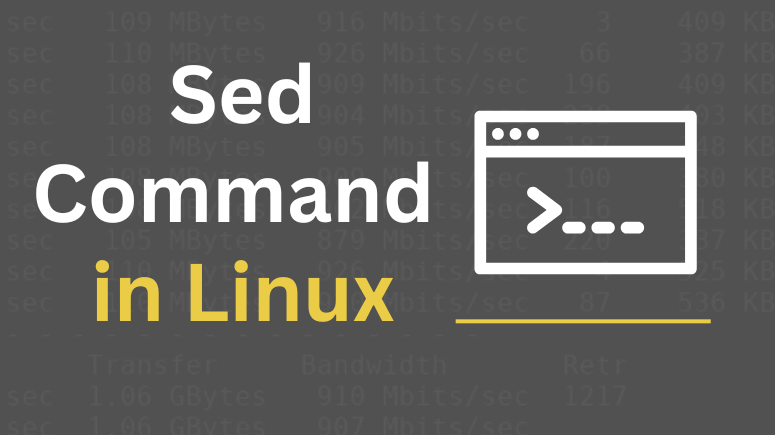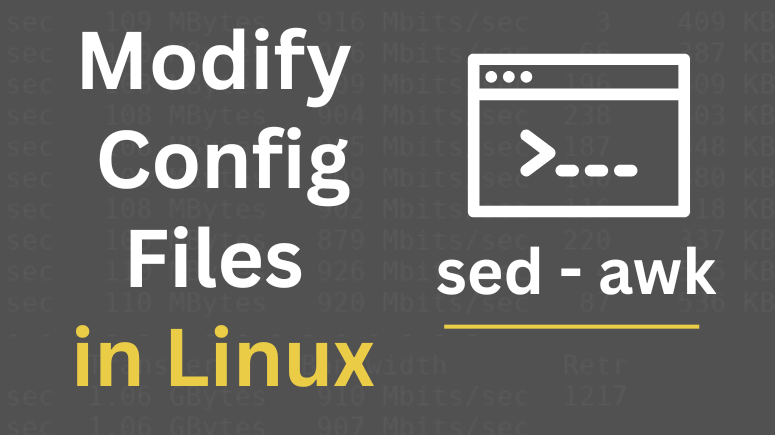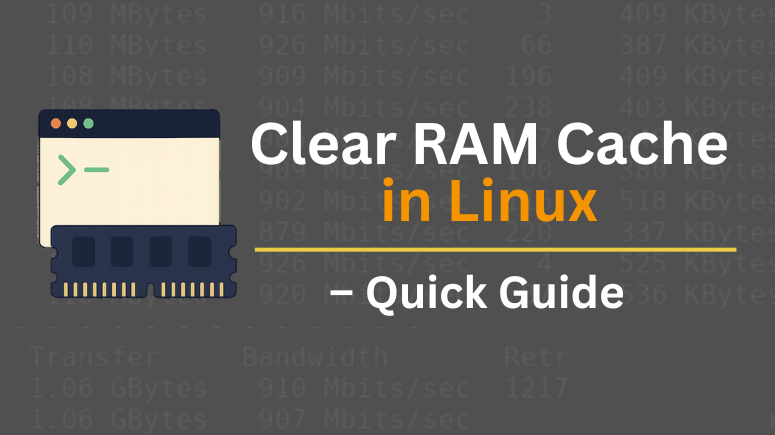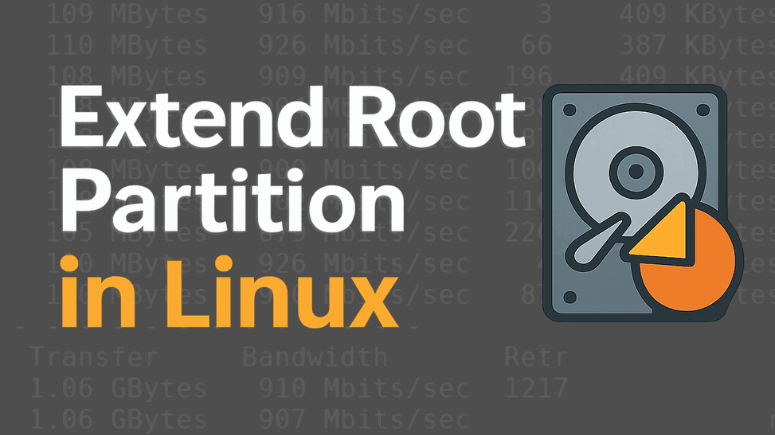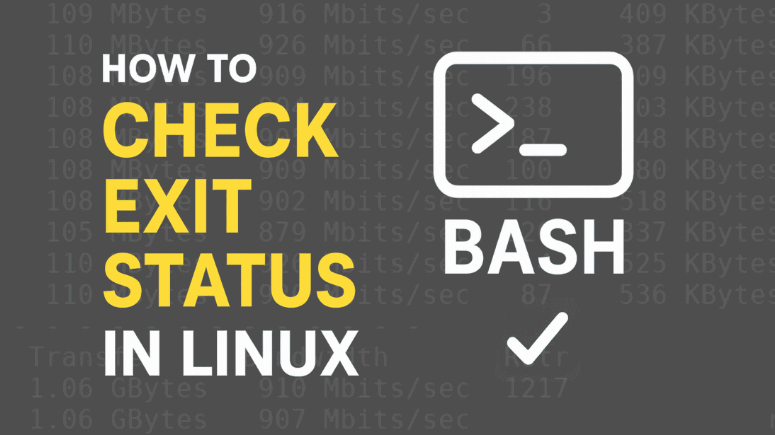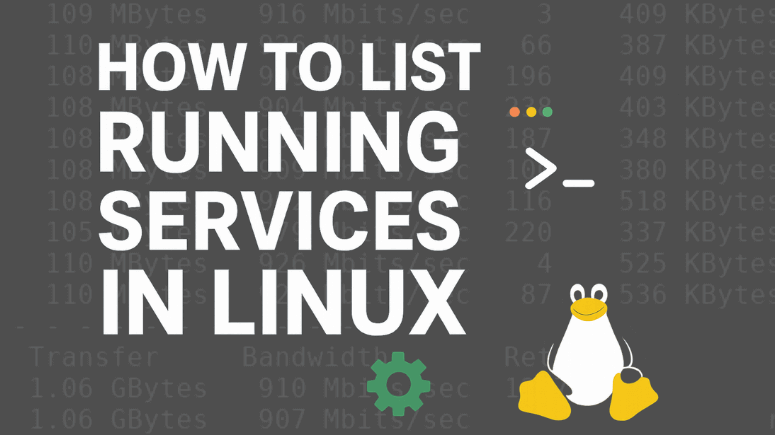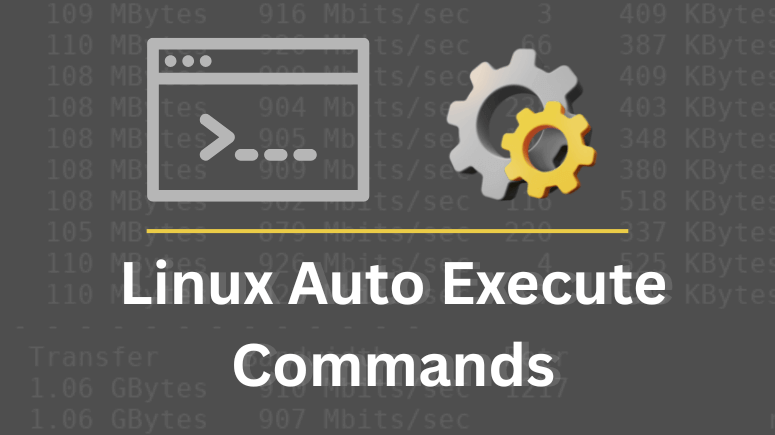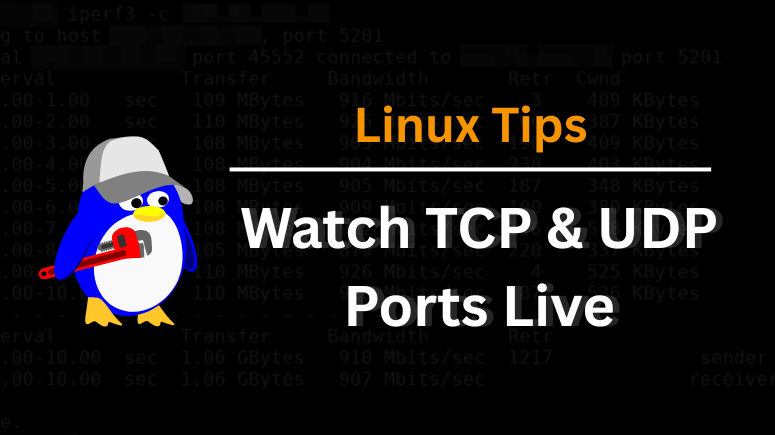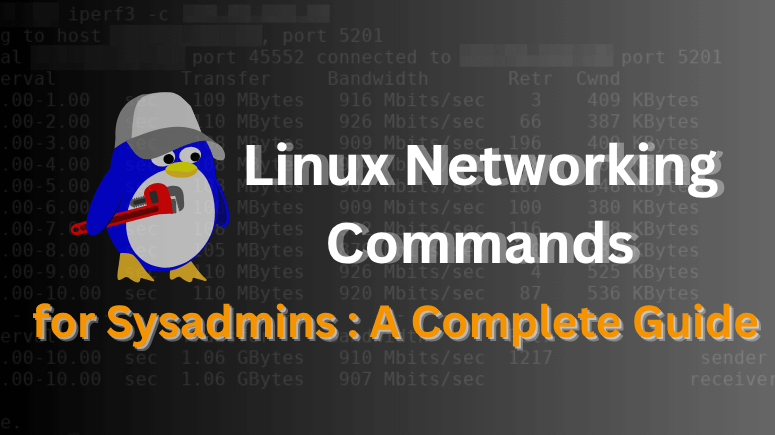Sed Command in Linux: Complete Guide with Powerful Examples
The sed command, short for Stream Editor, is one of the most powerful text-processing tools in Linux. It allows users to search, replace, insert, and delete text in files or data streams — all without opening the file in an editor. Whether you’re an experienced Linux administrator or a beginner learning shell scripting, understanding the …
